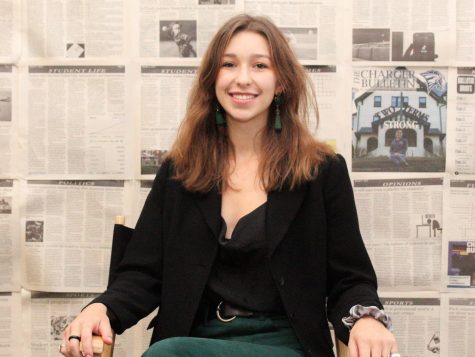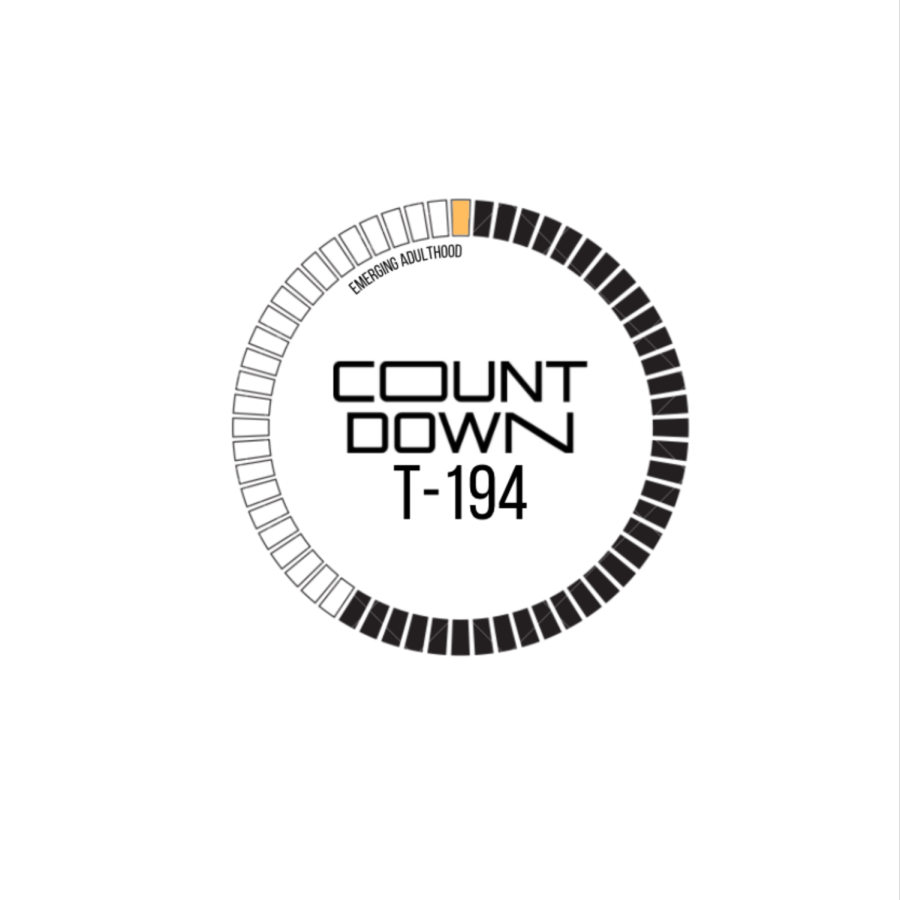Are you lucky enough to be an “emerging adult?”
T minus 194 days until I walk across the graduation stage—a time that will signify to my family, employers and my peers that I am ready to go out into the world and live life as an adult. But I have no idea what being an adult actually means.
There are conflicting testimonies on what constitutes adulthood. Is the measure legal or biological or economic or social or some combination of them all?
Federal law dictates adulthood begins at midnight on one’s 18th birthday. At such an age, parents’ legal obligations cease in most states, and individuals enjoy the legal right to vote, to enlist in the military, to marry and to accrue debt, among multiple other tediums.
Biology dictates that the brain and body will fully develop and mature around 25 years of age, though some scientists argue that number is closer to 30, based on a variety of environmental factors. Personally, my mother says I’m an adult when I can claim myself as an independent on my taxes and I no longer need to call her to ask how to schedule a doctor’s appointment.
The moment when adulthood actually begins is a tried and true discussion. Recent conversation on the subject has brought about new subsections of adulthood, categorized as “young adult” or “new adult,” as if the beginning of adulthood comes with training wheels. These phrases are the result of the number of adults living at home with their parents, reaching a majority in 2020 for the first time since the Great Depression. With the economy and job market in their current state, it comes as no surprise that new definitions of adulthood have surfaced.
In developmental psychology, these categories can be filed under the recently proposed new developmental stage, “emerging adulthood.” It is an intermediary between adolescence and true adulthood that focuses on self-identity, instability, internal exploration, a feeling of ambiguity in adulthood and the promise of new possibilities in the future.
This definition is most applicable to individuals in developed and industrialized nations. It hinges on the economic stability of a nation to allow for a more gradual introduction to adulthood which is supported by strong family values and reduced childbearing rates. The focus is on individuals with enough privilege and opportunity to enjoy such an intermediary state of existence without the financial pressure.
If a person’s identity is stigmatized, their existence is oppressed and their focus is on caring for elder parents, a child or any other number of disadvantages. They can hardly subscribe to the mostly self-indulgent, suspended state of development that “emerging adult” holds space for.
This concept also relies on the individual’s confidence to sit in a place of ambiguity. Recent studies have shown that the age group that constitutes emerging adults, 18-29, are recovering from the lowest levels of self-confidence an individual will face in their lives. They are the most susceptible to the imposter phenomenon, or imposter syndrome, where they might have a difficult time accepting their own achievements and internalizing self-doubt.
Imposter syndrome is especially high in families where achievement is emphasized. Applying that same concept in the U.S., where adolescents are socialized in a meritocratic and capitalistic culture that values achievement and competition, the feelings of being an imposter are to be expected, if not exacerbated. The risk of experiencing imposter syndrome fluctuates based on a person’s identity and level of privilege in society as well.
Varying levels of privilege and the overall cultural condition in the U.S. leaves the title of “emerging adult” to be one few can assume. The majority are left to deal with legal, social and economic pressures that propel them into the responsibility of adulthood.
As I reflect on my own place of privilege in society, “emerging adult” may be a comfortable label to use while I find my place in the world; however, not all individuals have the luck to spend time in such reflection. Do you?

Isabelle Hajek is a senior at the University of New Haven majoring in psychology with a concentration in forensics and a double minor in criminal justice...




